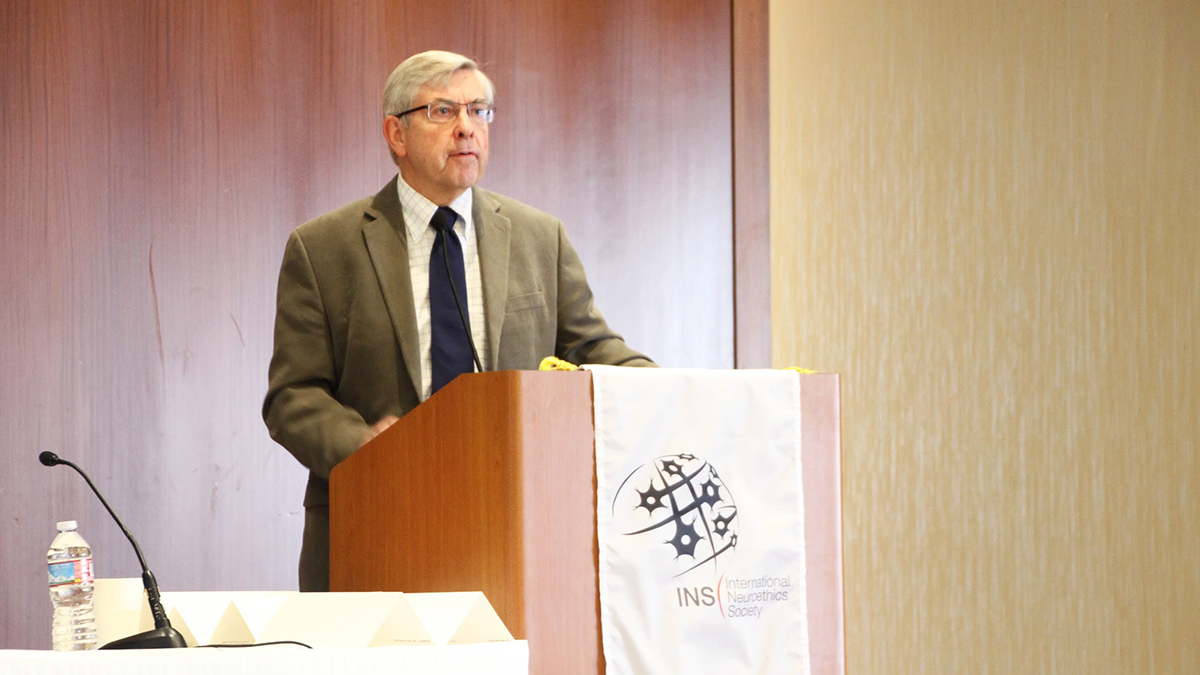Ethics of the BRAIN Initiative
Walter Koroshetz, Director of the National Institute for Neurological Disorders and Stroke Focusing on largely on the U.S. Brain Initiative, Walter Koroshetz noted that brain pathologies often cause mental and neurological conditions such as depression and Alzheimer’s Disease. Despite technological advances that enable us to identify these pathologies in increasing detail, however, there is still a huge gap in our understanding of how such pathologies contribute to neural circuit dysfunction, and of how this in turn leads to mental and behavioral problems. The Brain Initiative prioritises the development of novel technologies with the ultimate aim of closing this knowledge gap, by identifying all the cell types in the brain to elucidate their role in health and disease; creating multiple scale maps of neural architecture; building a dynamic picture of brain activity over time; linking neuronal circuit activity to behaviour; and identifying fundamental principles of brain function in order to learn more about how this complex organ works, and what happens when its proper functioning breaks down. Although these projects share a common goal, they all have different priorities. Europe’s Human Brain Project, for example, is focused on developing next-generation supercomputing platforms to advance our understanding of the brain, whereas the Japanese Brain/MINDS project is focusing primarily on mapping the brain of the common marmoset. And while they are all producing vast amounts of data, there is as yet no standardized format for storing and annotating the information. Furthermore, says Koroshetz, these initiatives have huge potential for societal change, and we as a society have been primed, largely by science fiction, to expect brain research to transform our understanding of what it means to be human, few of the researchers involved are concerned with the implications of their work, or how it is perceived by the general public. It is imperative that we coordinate efforts to manage these ethical issues internationally, he says, and to begin a dialogue on the potential non-medical applications of brain research. It is also important for researchers to avoid making exaggerated claims about the implications of brain research, so that we do not give the general public unrealistic expectations of brain research, or make them fear it. – Mo Costandi, Freelance writer, London, UK |
